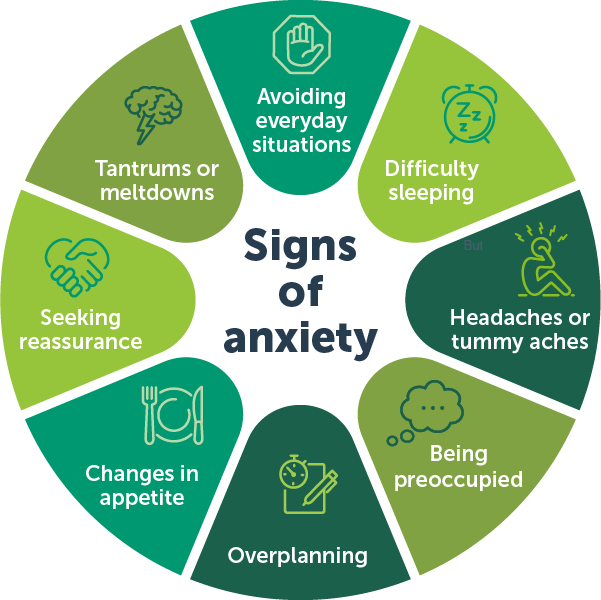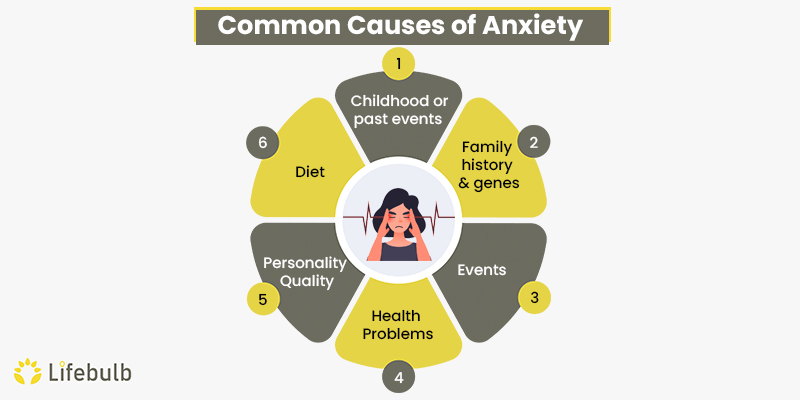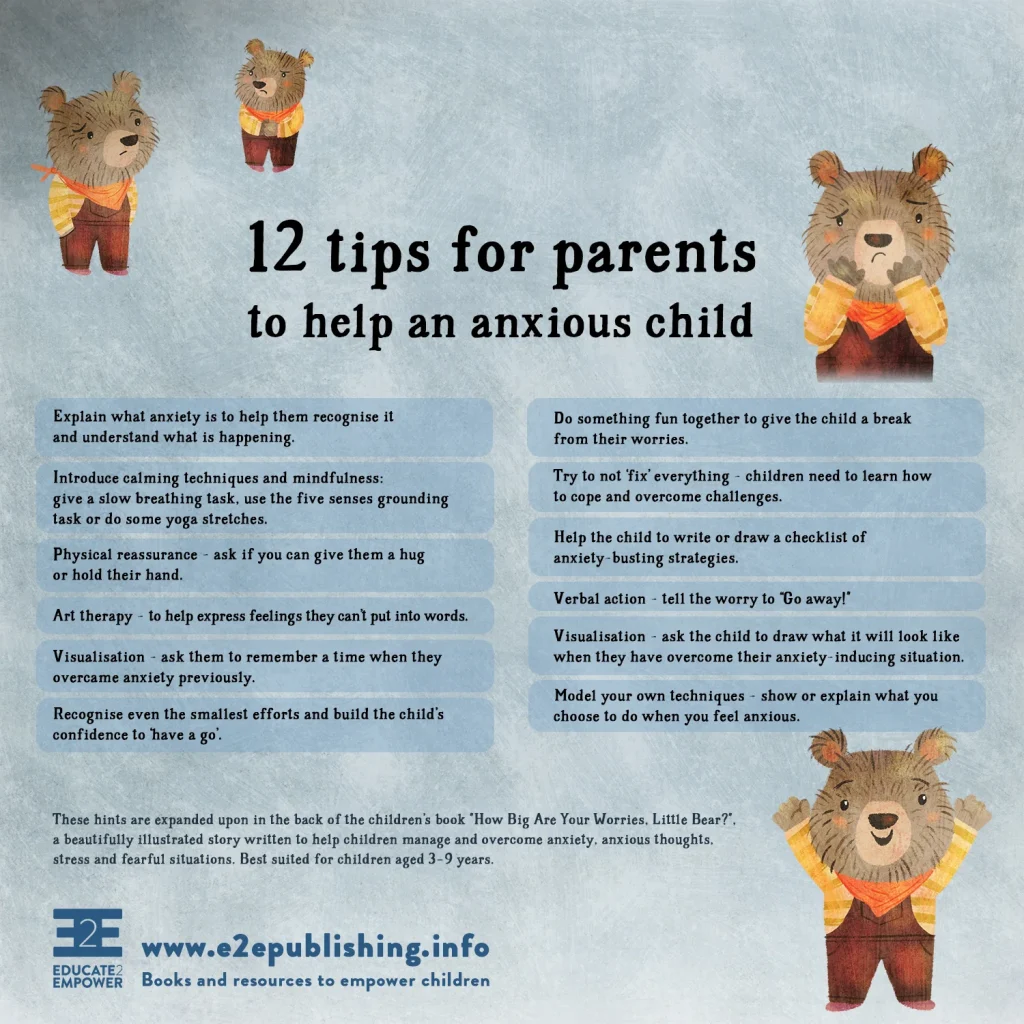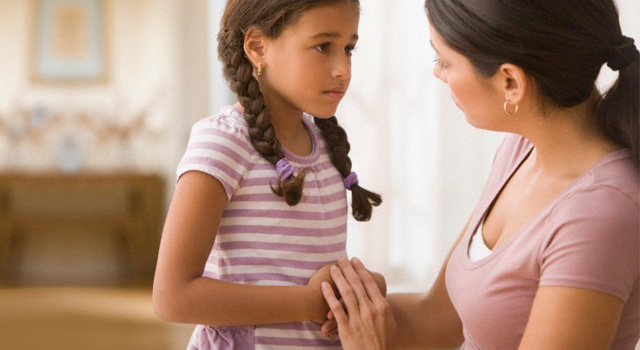Understanding Anxiety: A Parent’s Guide
Anxiety is a common human emotion that everyone experiences at some point. However, when it becomes excessive or interferes with daily life, it can be a serious concern. As a parent, it’s important to understand anxiety and how to support your child if they are struggling with it.
What is Anxiety?

Anxiety is a normal response to stress or perceived threats. It involves feelings of worry, fear, or unease. When anxiety becomes excessive or persistent, it can lead to various mental health conditions, including generalized anxiety disorder (GAD), panic disorder, social anxiety disorder, and phobias.
Signs and Symptoms of Anxiety in Children

It can be difficult to recognize anxiety in children, especially younger ones who may not have the language skills to express their feelings. However, there are some common signs and symptoms to watch for, including:
- Excessive worry about future events
- Difficulty concentrating or focusing
- Physical symptoms such as headaches, stomachaches, or rapid heartbeat
- Avoidance of certain situations or activities
- Irritability or restlessness
- Trouble sleeping
- Frequent crying or tantrums
Causes of Anxiety in Children

The exact causes of anxiety in children are not fully understood, but it is likely a combination of genetic, environmental, and psychological factors. Some possible causes include:
- Genetics: If you or a close relative has anxiety, your child may be more likely to develop it.
- Brain chemistry: Changes in brain chemistry can contribute to anxiety.
- Life events: Traumatic events, such as a divorce, a move, or the loss of a loved one, can trigger anxiety.
- Personality traits: Children who are naturally shy, sensitive, or perfectionistic may be more prone to anxiety.
How to Support a Child with Anxiety

If you think your child may be struggling with anxiety, it’s important to seek help from a mental health professional. They can diagnose the condition and recommend appropriate treatment. In addition to professional help, there are several things you can do to support your child at home:
- Create a safe and supportive environment: Let your child know that you are there for them and that it’s okay to talk about their feelings.
- Practice relaxation techniques: Teach your child relaxation techniques, such as deep breathing, meditation, or yoga.
- Encourage healthy habits: Make sure your child gets enough sleep, eats a healthy diet, and exercises regularly.
- Limit screen time: Excessive screen time can contribute to anxiety.
- Build a strong support network: Connect with other parents who have children with anxiety.
Helping Your Child Cope with Anxiety
Here are some specific strategies that can help your child cope with anxiety:
- Challenge negative thoughts: Help your child identify and challenge negative thoughts that contribute to anxiety.
- Set realistic goals: Break down tasks into smaller, more manageable steps.
- Practice exposure therapy: Gradually expose your child to the things they fear.
- Seek professional help: A therapist can provide additional support and guidance.
Remember, you are not alone. Many parents face similar challenges. By understanding anxiety and taking steps to support your child, you can help them develop healthy coping mechanisms and lead a fulfilling life.

